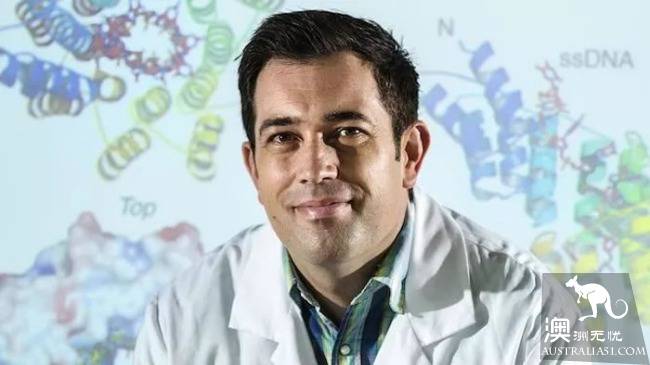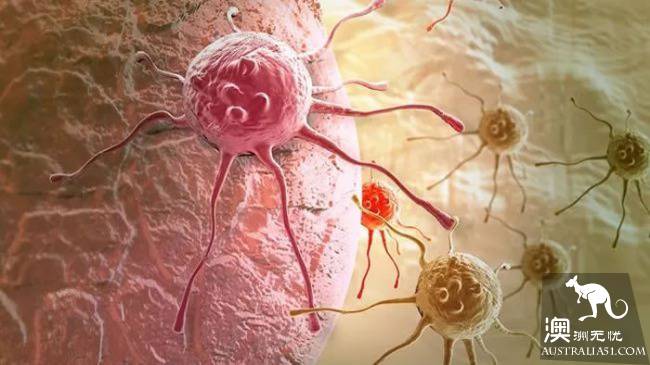Scientists at the Perth Harry Perkins Medical Institute are reported to have discovered a new weapon against 90% of cancer.

"they have found a way to stop the spread of most cancers," said Oliver Rackham, associate professor at the Institute's synthetic Biology and Drug Discovery Laboratory.
The study took four years to develop a new artificial protein that envelops cancer cells and thus suppresses the spread of cancer cells.
The artificial protein is effective against cancer, including bladder cancer, liver cancer, melanoma, thyroid, ovary, neck, sarcoma, mesothelioma and some brain tumors.
"this is a new way to treat cancer," Dr. Rackham said. We are very excited about the discovery. "
The project has been reviewed by internationally renowned scientists and recently published in the International Journal of Nature Newsletter.

First of all, let's look at how cancer cells spread in the human body.
Proliferation of cancer cells
Normal cell growth time is exactly the time required to develop and maintain a healthy body. But if there are cancer cells in the body, these cancer cells use molecular counting mechanisms to control the growth of normal cells.
Another member of the Perth Institute of Medical Research said: "this occurs at the end of the chromosome, with a small cap on the chromosome," said a member of the Perth Institute of Medical Research. Each time a cell divides, the top of the chromosome shrinks a little. Once the lid shrinks to a certain length, normal cells stop growing or dying. "

Cancer cells escape the control of this counting mechanism by producing an enzyme called telomerase.
How does the medical institute's new weapon fight cancer cells?
Anti-cancer cell
According to Dr. Rackham, 90 percent of cancer cells contain telomerase,
The Perth Institute has designed proteins that can be tightly clamped around the ends of a single-stranded DNA on a chromosome.
"for the first time, our lab designed a protein that really recognizes and binds to a single strand of DNA.. We can basically program these proteins as targets. These proteins lock DNA, so telomerase can't reach it, "Dr. Rackham said.
Benefit mankind
The study is currently in the pre-clinical phase of the study, which aims to conduct human clinical trials within about five years.

We're looking forward to being able to experiment successfully and to use it in life to save patients suffering from cance